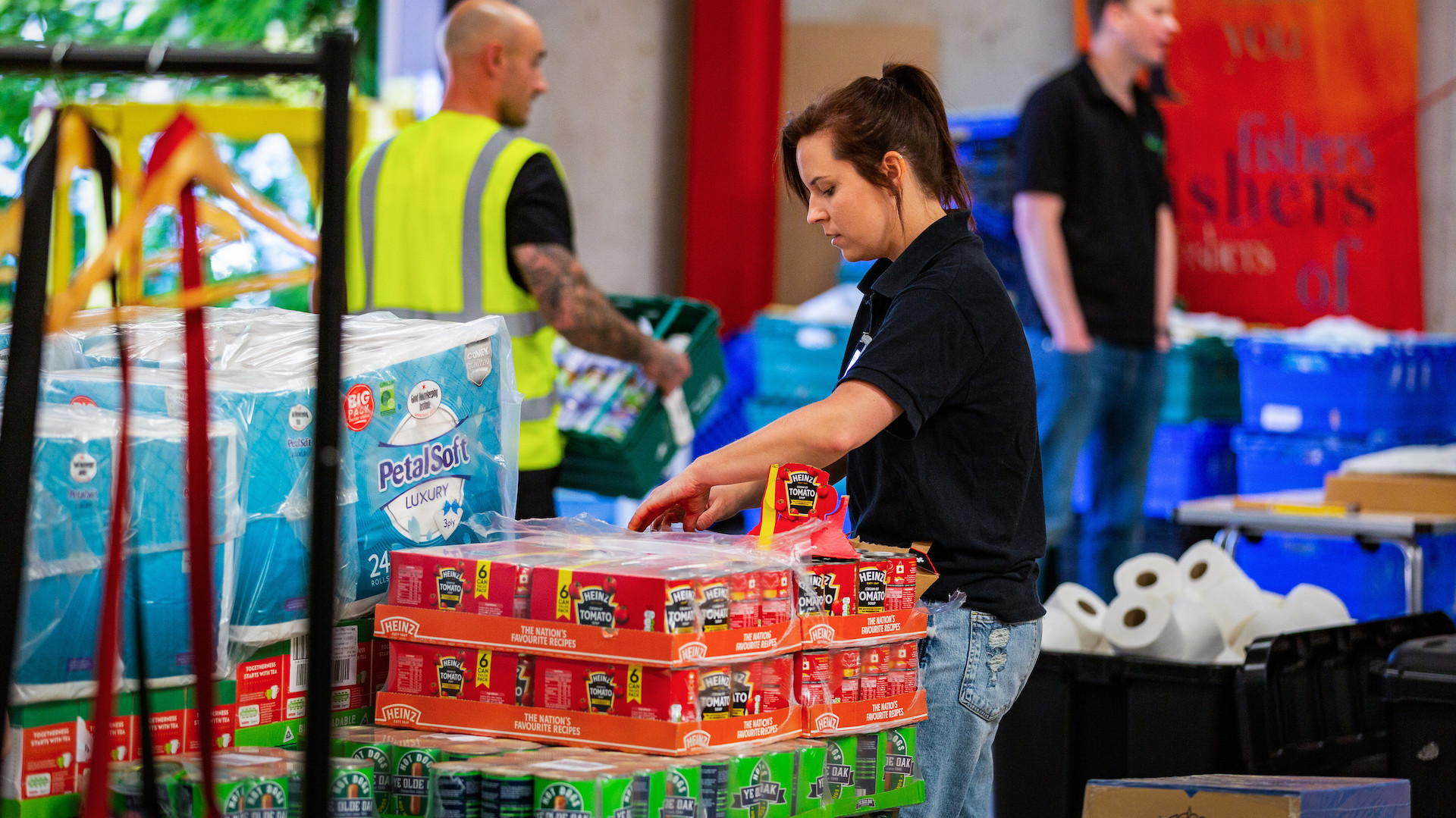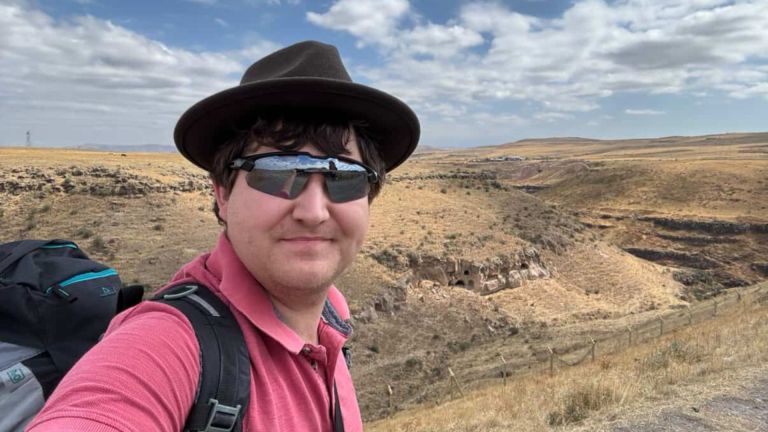Sunak’s decision seems to have been timed alongside the latest inflation statistics, which showed that prices had risen by 2.3% in the year up to April 2024. It is close to the Bank of England’s 2% target and marks the lowest level in nearly three years.
“It is good news that inflation seems to be coming down, if not to target, to within a normal range. We know it is likely to tick up again a bit later in the year but, absent another big international shock, I don’t think there is any sense it’s going to shoot up to where it has been,” Barnard said.
“But I think for me, the thing that should really worry us is whether a normal state is baking in a level of really extreme hardship – and that is being allowed to be normalised, and which is far higher than it was a few years ago.
“If I look back to the peak of inflation and that coming down, that has not solved the problem of people who are struggling to afford the essentials and are having to go to food banks. All of our politicians on all sides need to accept this isn’t a problem that’s going to fade away as inflation falls.”
More than 3.1 million emergency food parcels were provided by food banks in the Trussell Trust network to people facing hardship across the UK in the past 12 months – this is the most parcels the network has ever distributed in a single year.
The election manifestos are yet to be published – but as of yet, “we haven’t seen anybody make an explicit commitment to reducing destitution and ending the need for food banks”, Barnard pointed out.
Advertising helps fund Big Issue’s mission to end poverty
The charity is calling for urgent reform of the social security system and has set out its manifesto to end the need for food banks.
This includes an ‘essentials guarantee’ being introduced into universal credit, to ensure that claimants receive at least the money they need to survive. Estimations show that universal credit currently falls short by around £120 each month.
This ask is backed by the Big Issue in its ‘blueprint for change’, which also calls for a commitment from the next government to end poverty.
“The bedrock on which we are going to end hunger is a reformed social security system. There is no pathway to ending the need for food banks that doesn’t include a much more fit-for-purpose social security system,” Barnard said.
“It will take a new kind of partnership between government, civil society, communities, employers and businesses. This isn’t just a matter of: if the government sorts out social security, job done. There’s a lot that can be done at a local level as well as a national level.”
Reforming the social security system will come at a cost. Take scrapping the two-child limit on benefits: that is expected to come at a cost of £1.3bn.
Advertising helps fund Big Issue’s mission to end poverty
But that’s only 1% of the welfare bill and would mean savings for public services and a boost for the economy in the long term. The long-term costs to society of entrenched child poverty are “staggering” at around £39bn annually.
“Allowing this level of destitution and hardship to continue is costing us a lot. There is of course the human cost to it as people are cold, hungry and scared,” Barnard said.
“There is also a cost to our economy in having this level of hardship. You can watch people becoming iller because of the grinding effect of severe poverty. That is part of what is holding the economy back.”
The current government is hoping to tackle rising levels of unemployment with a more punitive benefits regime and “incentives” to drive people into work – including the long-term sick and disabled people.
But charities have pointed out that a benefits regime that is designed around sanctions rather than compassion could have the adverse impact of making people more ill and pushing them further away from work.
Barnard points out that rising levels of poverty and cuts to public services have led to increasing levels of people becoming ill.
Advertising helps fund Big Issue’s mission to end poverty
“You cannot have a thriving labour market if millions of people can’t afford to eat properly and can’t afford the bus fare to get a job. A lot of discussion will be about economic growth and the pressure on public services,” she said.
“We have had more and more health leaders sounding the alarm that an enormous driver of rising ill health we’re seeing and of the pressure on the NHS is severe poverty and hardship. There are things that will cost money and things that don’t – improving workers’ rights doesn’t cost you anything – but we have to set the investment against the cost of allowing it to continue.”
For Barnard, there is hope: and that is in the fact that polling shows that the public want to see an end to the need for food banks and an end to poverty.
A YouGov survey, commissioned by the Trussell Trust, of 12,000 people across the UK found that 90% of the people believe everyone should be able to afford to buy enough food.
More than half (51%) of Brits think food banks are an embarrassment to this country and 70% agree they should not exist in modern society.
“In a very polarised context, this is something that is really unifying that the public as a whole do not want to see this kind of hardship in their communities,” Barnard said.
Advertising helps fund Big Issue’s mission to end poverty
“The public don’t want us to continue in a country where we have a food bank in every town or to see homelessness rising. For any politician, stepping up and acknowledging the problem and setting out a plan is actually taking you to where the public is. And that’s very powerful.”
Do you have a story to tell or opinions to share about this? We want to hear from you. Get in touch and tell us more.









